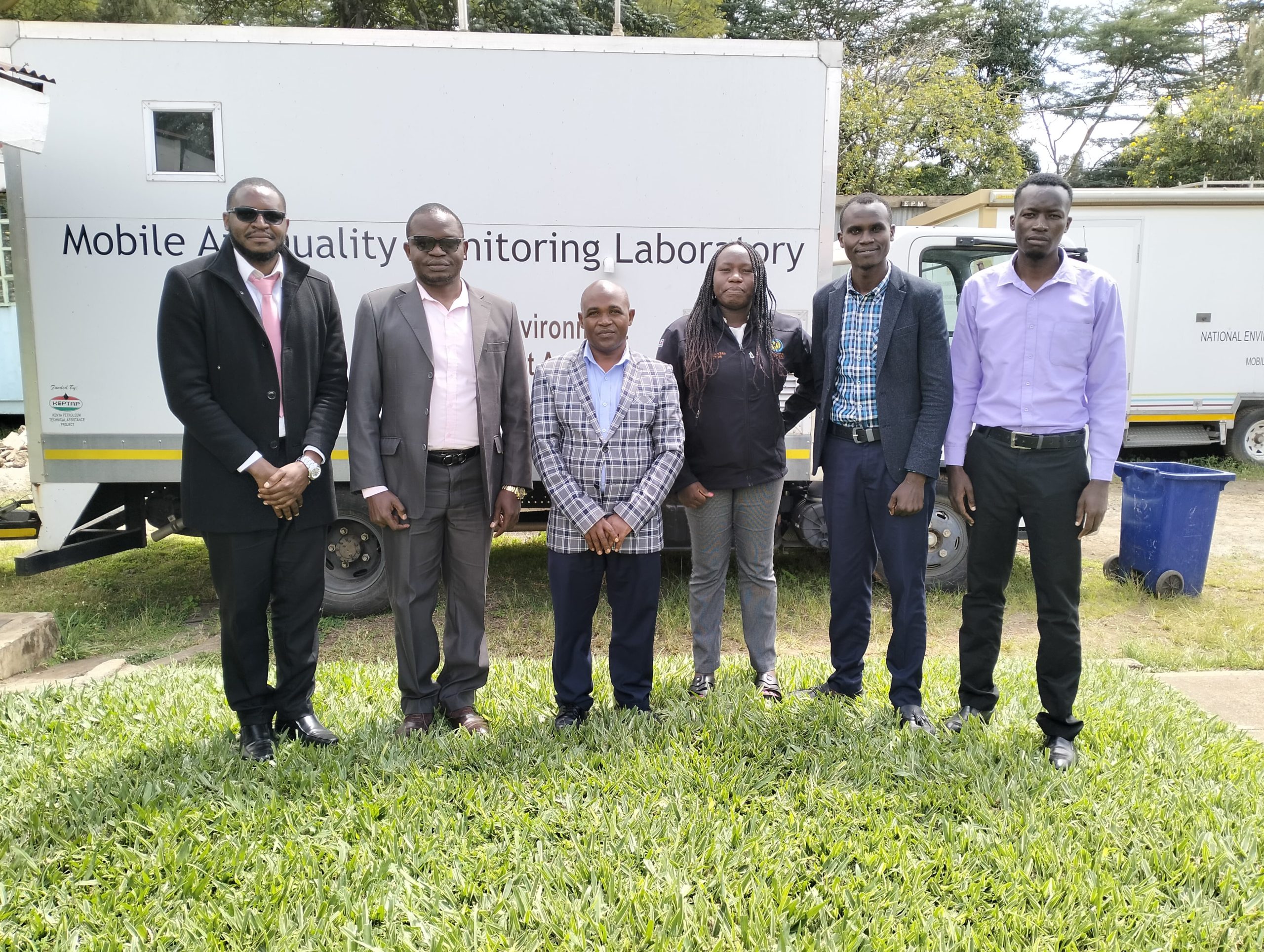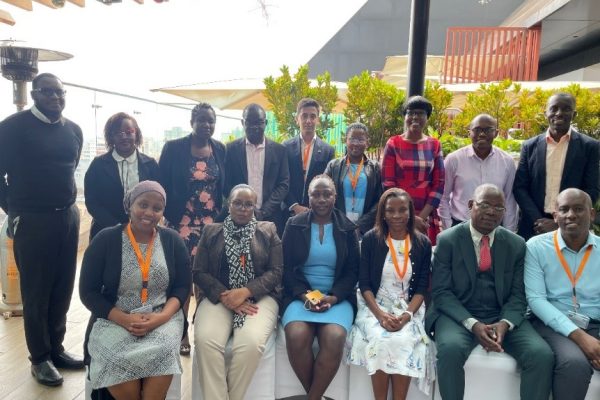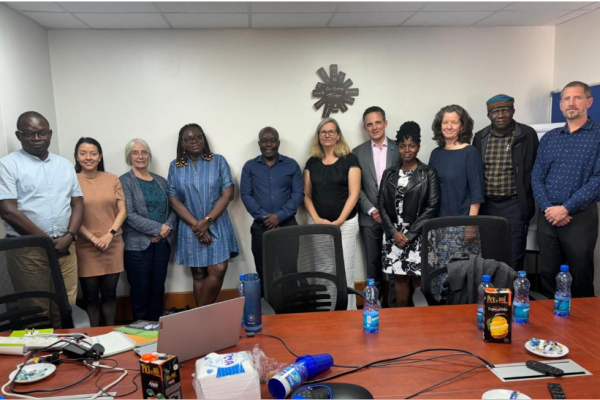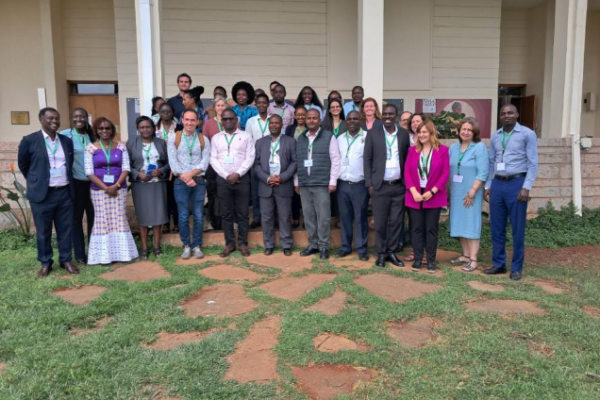By: Dr. Humprey Agevi, Washington Kanyangi, Florence Onyango
A team from the Africa Research and Impact Network (ARIN) recently conducted a Key Informant Interview (KII) with the National Environment Management Authority (NEMA) Kenya to assess the effectiveness of the Kenya Climate Change Action Plan (KCCAP). The team comprised Dr. Humphrey Agevi, ARIN’s Press Manager and Senior Researcher, Washington Kanyangi, a Research Associate, and Jerry Ariel, an Intern. The KII yielded positive results, with innovative solutions for water security emerging as a noteworthy achievement.
Water security is a priority sector in Kenya, facing challenges due to climate change. The KCCAP outlines strategies to address these challenges and build resilience. ARIN’s interview with NEMA Kenya aimed to understand the project’s implementation and impact.
“Our discussion with NEMA Kenya highlighted the importance of innovative solutions in securing our water resources,” said Dr. Humphrey Agevi, ARIN’s Press Manager and Senior Researcher. “The sump wells are cost-effective and low-maintenance water conservation structures that retain water over a long period while improving the water table. They improve water security and make water available for farming, enhancing food security.”
The KCCAP project was implemented across 17 counties, focusing on five thematic areas: food security, water management, disaster risk reduction (DRR), coastal management, and knowledge management. Key activities indicating the project’s effectiveness include ecosystem-based approaches, capacity building, policy and governance systems, and early warning systems.
Some innovations to address water security issues implemented by the project include the construction of underground storage systems like sump wells and sand dams along River Tiva in Kitui. These systems are underground cemented water tanks fitted with a giant pipe and solar system to pump water from the sump wells to raised water tanks about 600 meters away, making water accessible for local use. Other innovations include roof catchment systems and micro-irrigation schemes.
The KII is part of ARIN’s ongoing research into climate action initiatives in Kenya. The findings will be included in the forthcoming FCDO Phase 2 Report, which is part of the study “Assessing the Effectiveness of Adaptation Interventions in East Africa” supported by the FCDO




